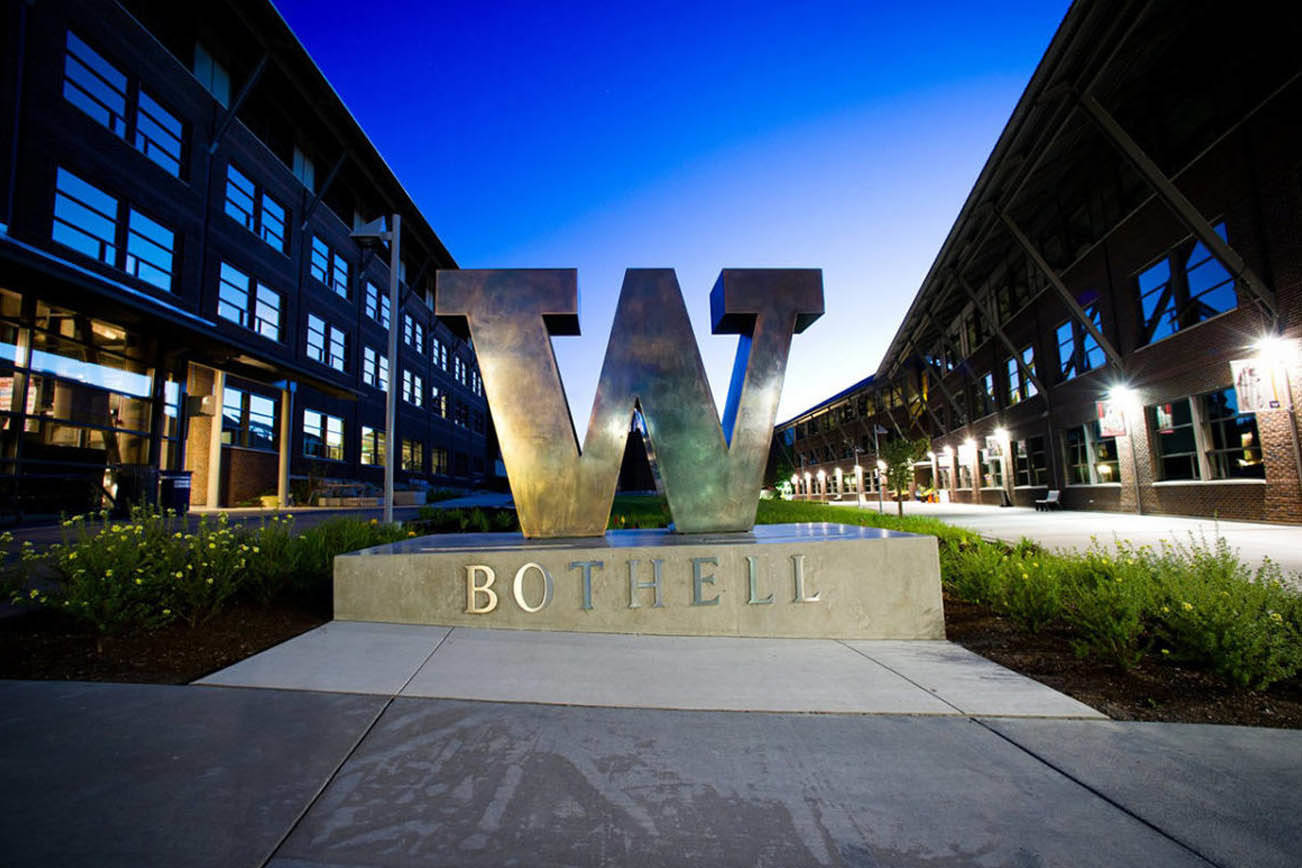Zarefah Baroud
SEATTLE – Despite the rise of the current hostile discourse surrounding immigration, the rates of immigration also continue to rise. These numbers are predicted to increase exponentially, as they have been for the last decade, according to Migration Policy Institute. U.S. universities face the challenge and responsibility of supporting a growing student body demographic, particularly supporting those who are undocumented. Because for these students specifically, resources are not only difficult to track down, but the very act of seeking them out can be extremely anxiety inducing.
Diana Betancourt Macias works as the Undocumented Focused Program Manager at the University of Washington Bothell’s Diversity Center. “Professional help is crucial. Reach out to a staff member that can provide you with resources. Having an ally that can support you and advocate for you is important,” she wrote in an email.
Although, reaching out to faculty or staff members regarding something so vulnerable can be daunting. “FERPA (Family Educational Rights and Privacy Act) protects all students from having their information shared with outside agencies and/or organizations,” Macias wrote.
“This means schools are typically safe spaces for undocumented students, at least in terms of dealing with ICE (Immigration and Customs Enforcement agents). Unfortunately, many undocumented students experience xenophobia from students, staff and professors as well.”
Macias suggests that students take the necessary precautions before applying to a school. Does the school have the on-campus resources to support you? Are there notable staff and faculty that can serve as a support system during your time at University? “See if they have a physical center for undocumented students or what resources they have in general for undocumented students. The more resources, the more you will be supported,” Macias said.
There are also schools in La Raza del Noroeste’s region that promote their support of their undocumented student populations. For example, Everett Community College provides resources and support to undocumented students. Based on its website, Everett Community College has a designated person under the Diversity & Equity Center that works with undocumented students.
“All colleges and universities provide in-state tuition rates (under HB-1079) and the state need grant under WASFA (FAFSA for undocumented students) to qualifying undocumented students. Readysetgrad.org will provide you with more information regarding the requirements. There are also private scholarships available to undocumented students,” Macias said.
“The WASFA is the Washington Application for State Financial Aid; it is the gateway to state and institutional money to pay for college. This form is used to determine the amount of money (or EFC) a family can “reasonably contribute” to the price of attending a poastsecondary institution. The results from the WASFA are used in the awarding of student grants, work-study (if student is DACA), and scholarships,” according to College Success Foundation’s Financial Aid 101 guide. To apply, consult the WASFA application.
With this in mind, students can also utilize sites like the Real Hope Washington organization to navigate the scholarship application process, and find scholarships they are eligible for.
“Although our situations are complex and scary, I encourage students to feel empowered by your identity,” said Macias. “You transcended borders to live! You are resilient, brave and brighter than you know!”



